Research, Innovation & Publications
Filtering options
Filtered stories. Filter: Report
This report examines the interconnected water and food crises in Eastern and Southern Africa, focusing on Ethiopia, Kenya, Somalia, South Sudan, Malawi, Mozambique, Zambia, and Zimbabwe.
by Oxfam Canada | March 20, 2025
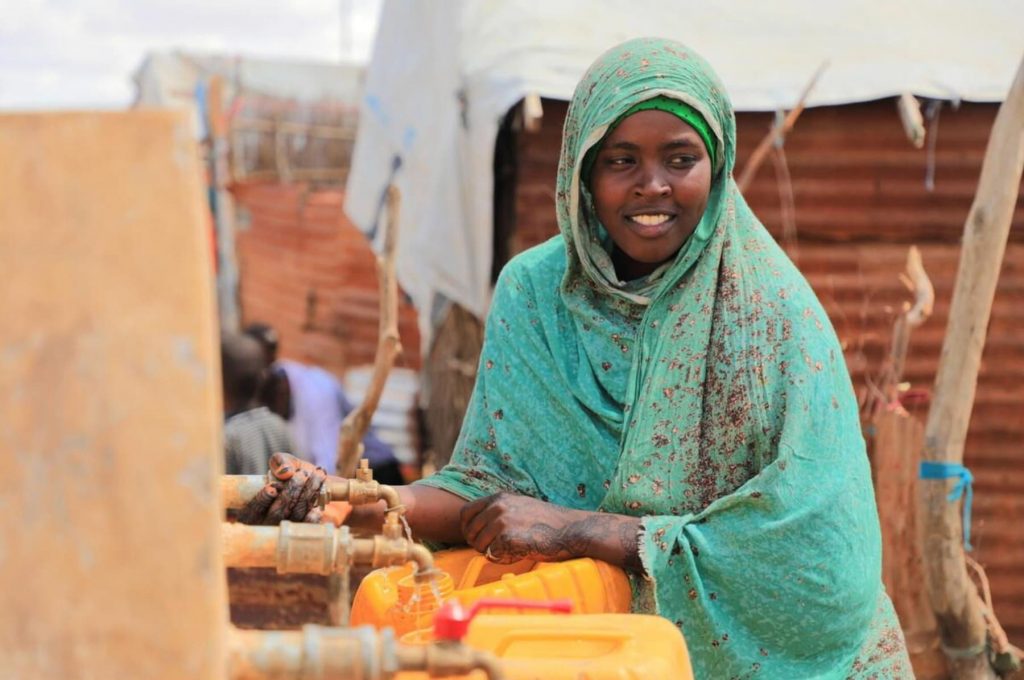
An increasing number of Palestinian women are being forced to seek employment in illegal Israeli settlements due to the severe economic restrictions imposed by the Israeli occupation. With limited job…
by Oxfam Canada | March 14, 2025
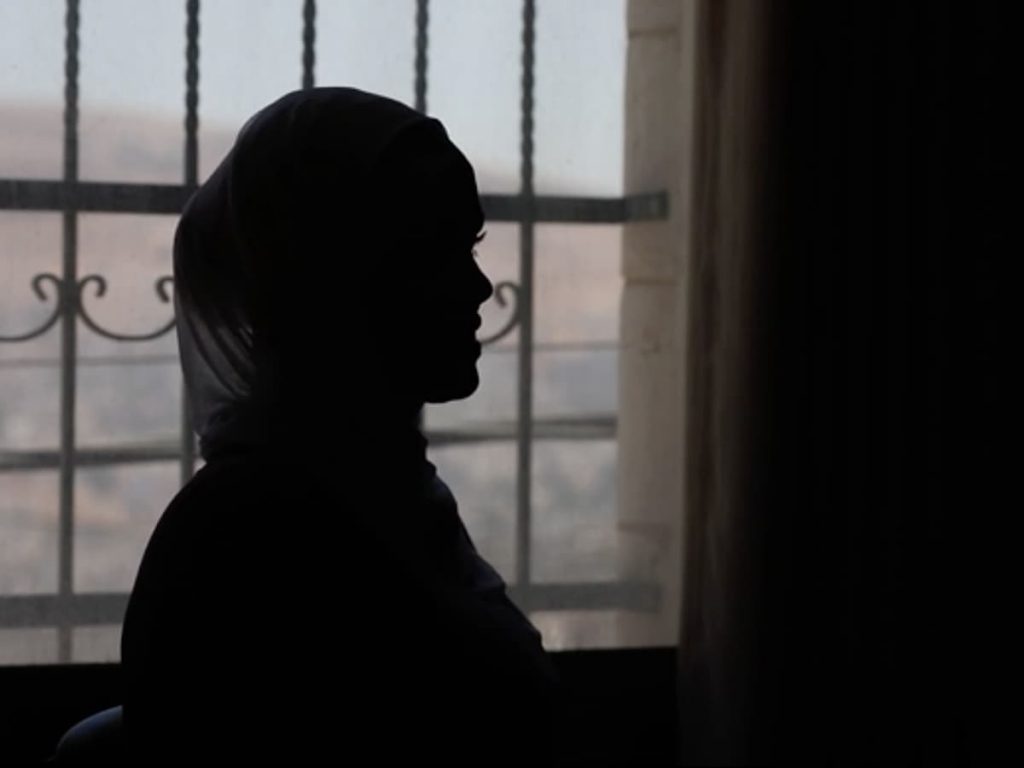
Gaza has spent the last 15 months under attack. The Israeli military campaign has left at least 46,000 dead, tens of thousands missing, more than 100,000 wounded and led to…
by Oxfam Canada | January 27, 2025
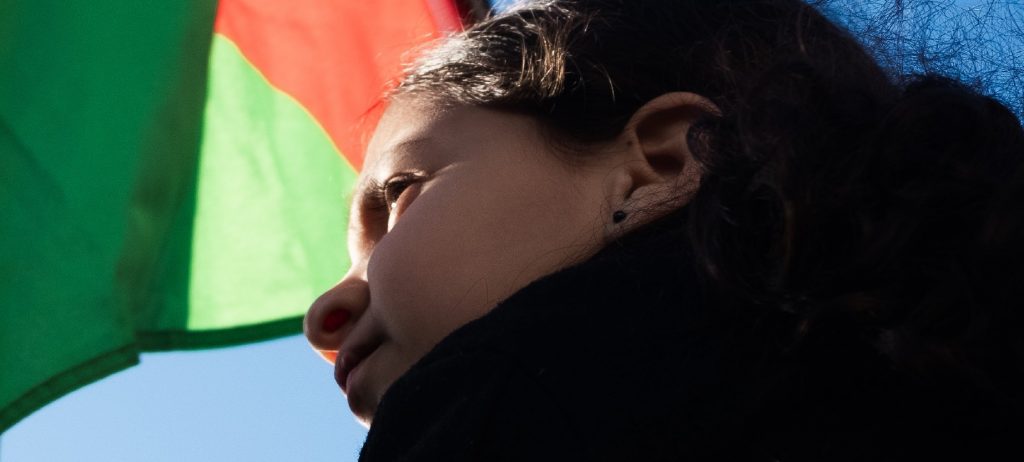
Billionaire wealth has risen three times faster in 2024 than in 2023. At least five trillionaires are now expected within a decade. Meanwhile, the number of people living in poverty…
by Oxfam Canada | January 20, 2025
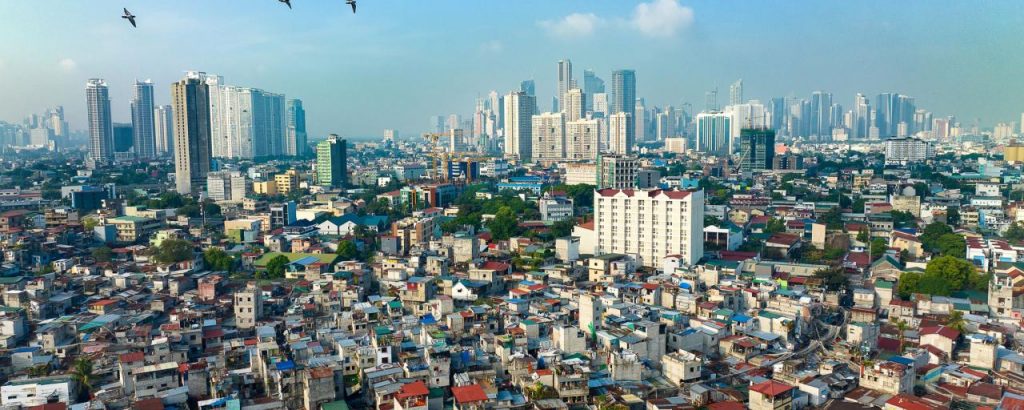
Paid and unpaid care work is essential to our economy and society, covering activities such as childcare, elder care, and support for individuals with disabilities or illnesses. These efforts are…
by Oxfam Canada | October 30, 2024
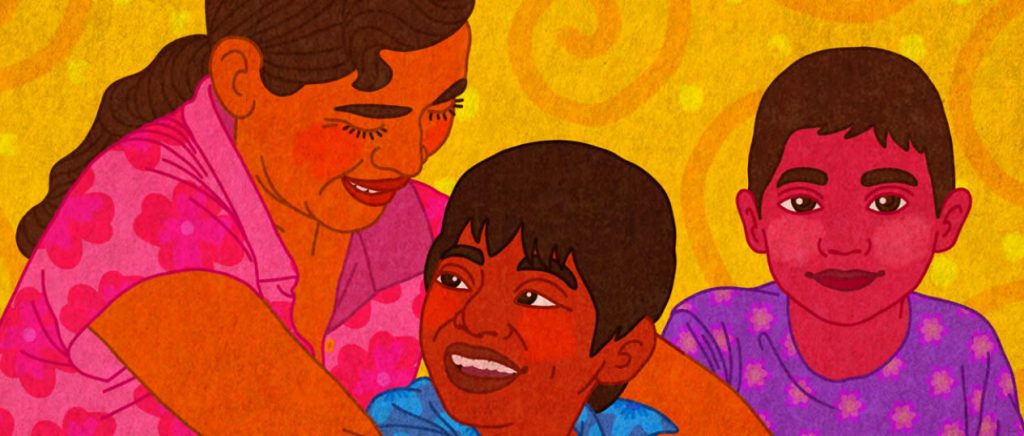
Carbon Inequality Kills
Report
Fifty of the world’s richest billionaires on average produce more carbon through their investments, private jets and yachts in just over an hour and a half than the average person…
by Oxfam Canada | October 30, 2024

Israel’s war on Gaza, in response to the horrific attacks by Hamas and other Palestinian armed groups on 7 October 2023, is the latest and most brutal onslaught of violence…
by Oxfam Canada | October 1, 2024
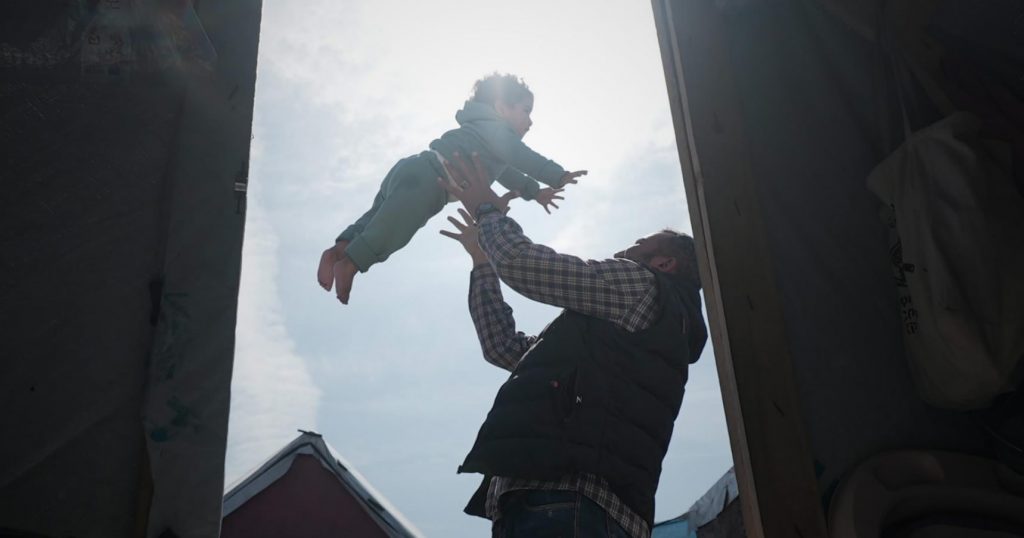
This year’s scorecard shows how the government continues to make substantial progress in many priority areas, such as building a national $10-a-day child care system, working with provinces to strengthen…
by Oxfam Canada | April 5, 2024
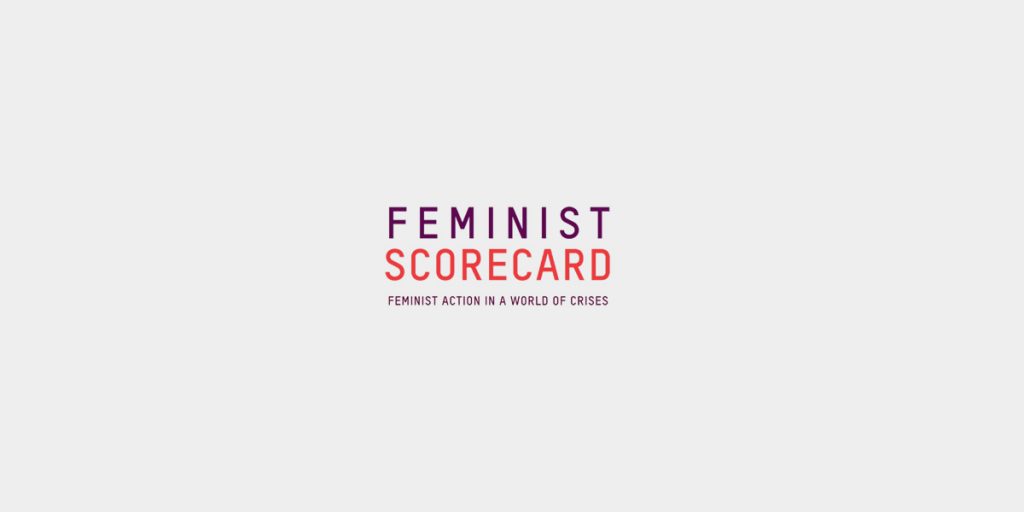
A collection of powerful stories showcasing the remarkable transformations achieved by the Women's Voice and Leadership project in Pakistan.
by Oxfam Canada | March 13, 2024
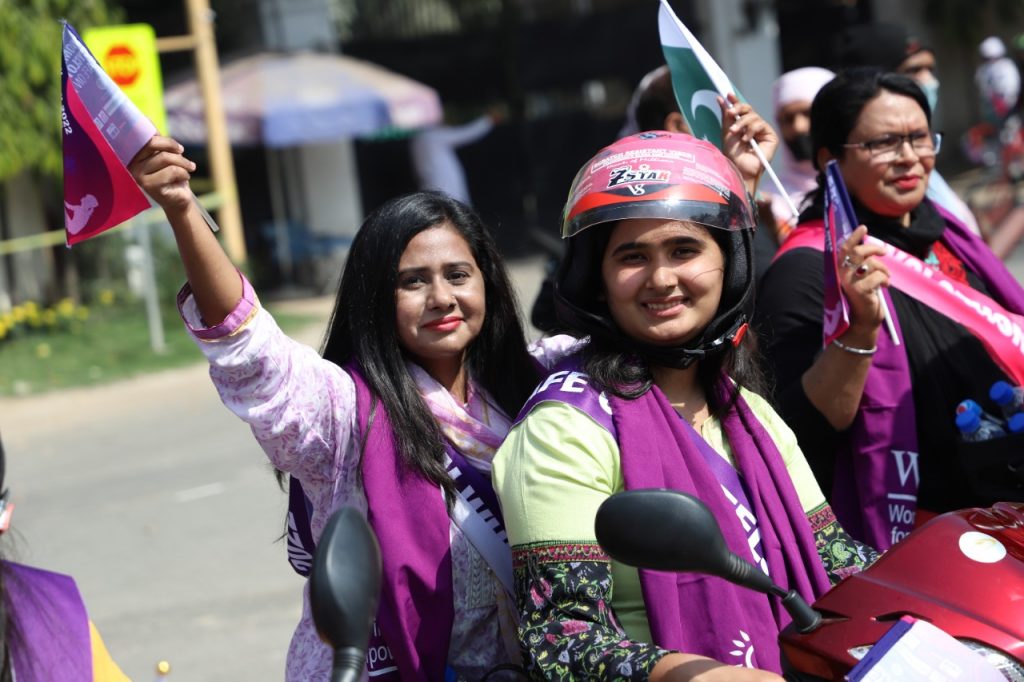
The COVID-19 pandemic exposed the crisis in care that has been brewing in Canada for many years. After decades of underfunded care services, underpaid care workers, increased reliance on racialized…
by Oxfam Canada | June 8, 2023

Inspiring Change
- Education Resource
- Policy Brief
- Report
Oxfam Canada’s new guide to gender-based analysis plus in impact assessment in Canada is a road map to support activists and community members of all genders and identities in navigating…
by Oxfam Canada | April 13, 2023
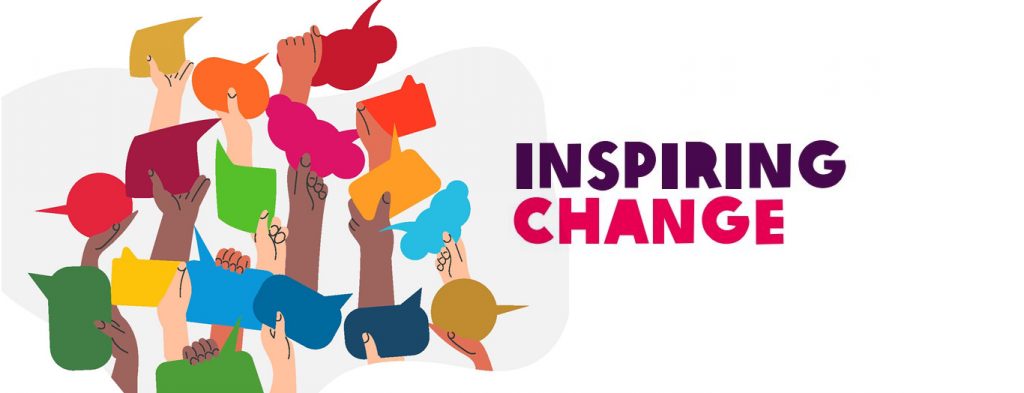
Oxfam Canada’s Feminist Scorecard 2023 presents a feminist assessment of the Canadian government’s action in a world of crises from March 2022 to February 2023.
by Oxfam Canada | March 8, 2023
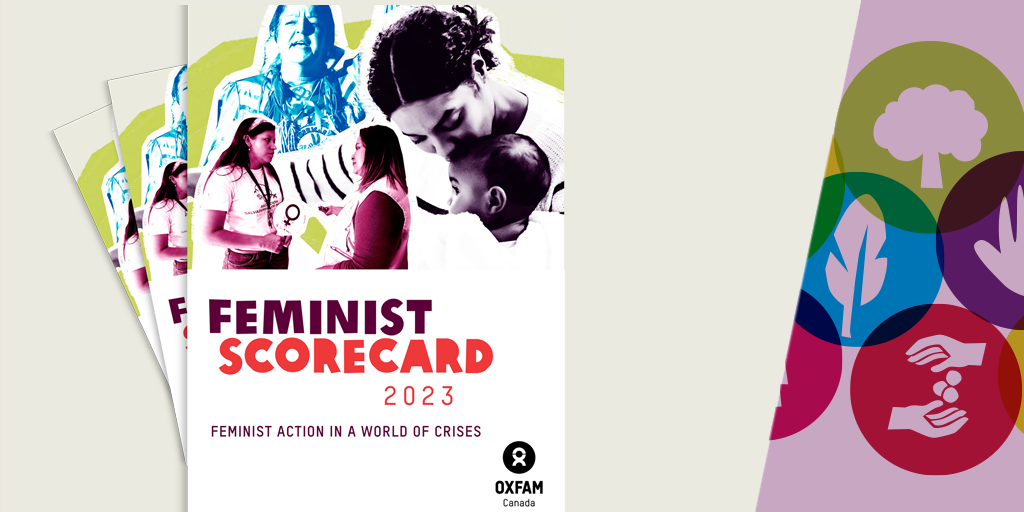
Since 2020, the richest 1% have captured almost two-thirds of all new wealth — nearly twice as much money as the bottom 99% of the world's population.
by Oxfam | January 15, 2023
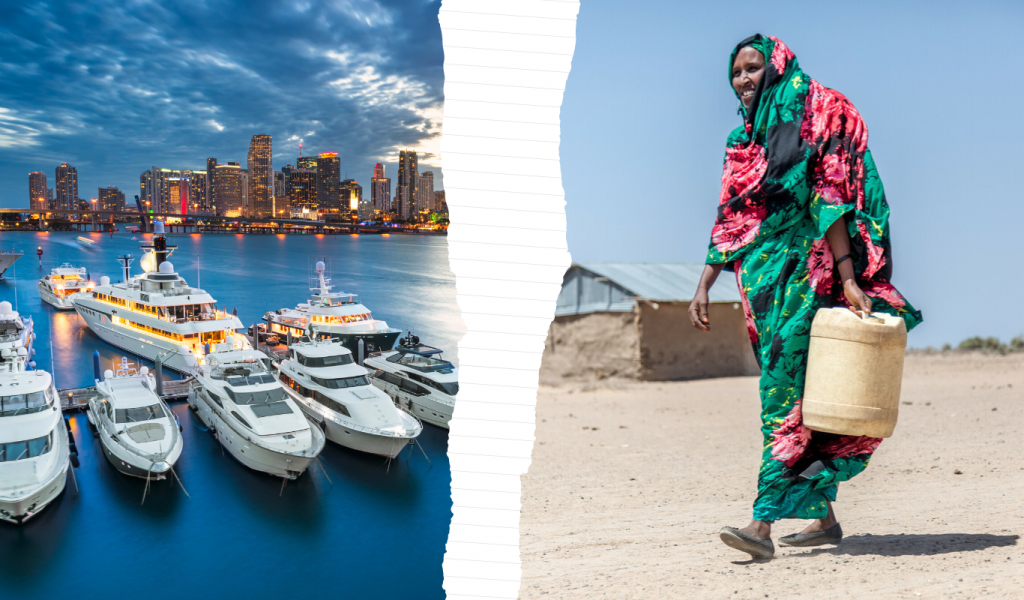
The Assault of Austerity
Report
Governments worldwide are endangering women and girls by implementing austerity measures to tame inflation and recover their economies from the pandemic.
by Oxfam | November 25, 2022
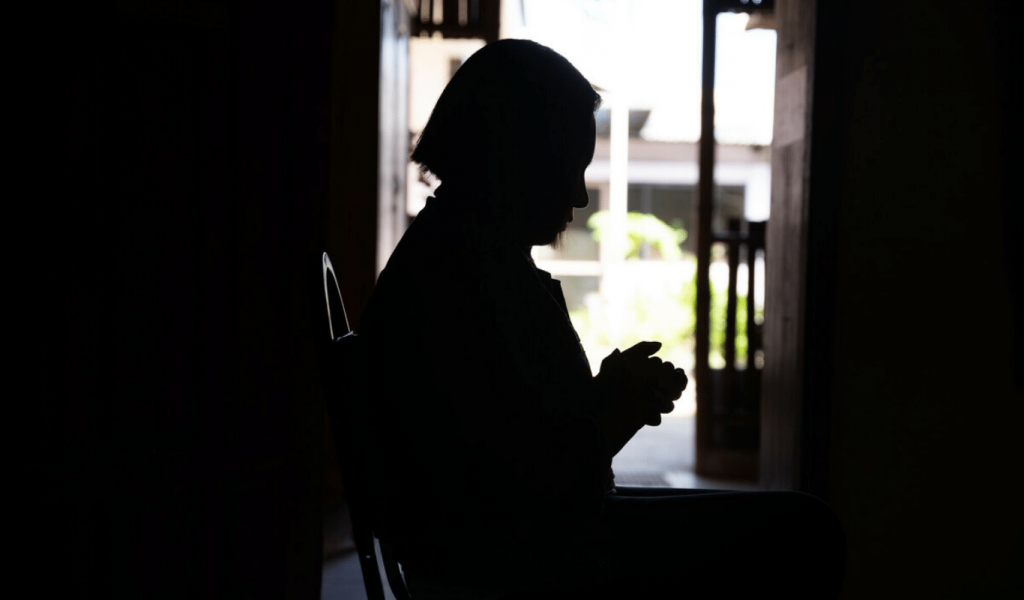
Around the world, 181 million are forecast to be in crisis levels of hunger in 2022.1 Oxfam and Save the Children estimate that across Ethiopia, Kenya and Somalia, on average…
by Oxfam and Save the Children | May 17, 2022
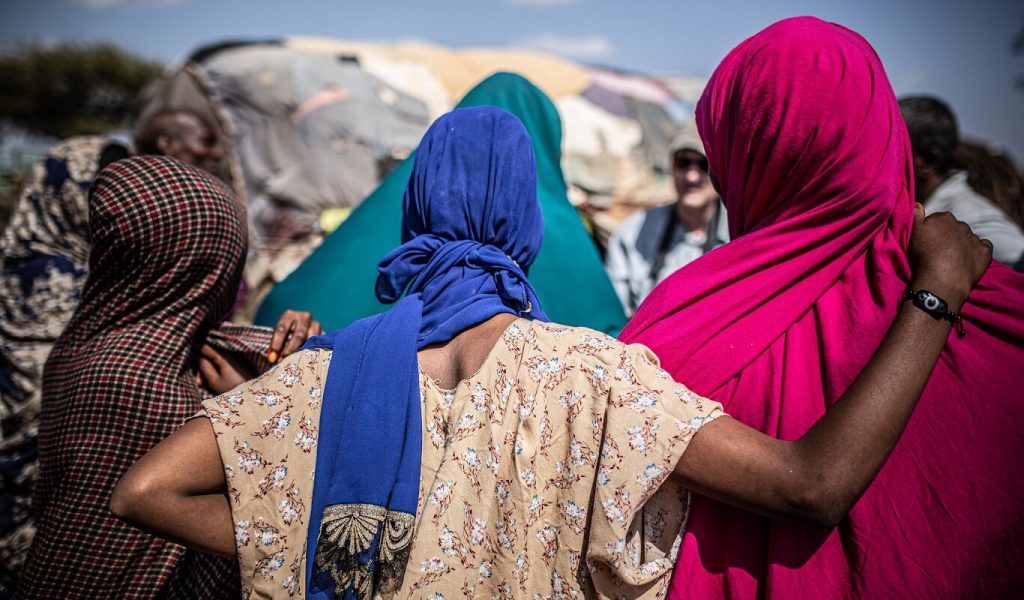
This year's Oxfam Canada Feminist Scorecard rates the federal government’s actions over the past year to advance a feminist, green COVID-19 recovery and to make progress on women’s rights and…
by Oxfam Canada | March 7, 2022
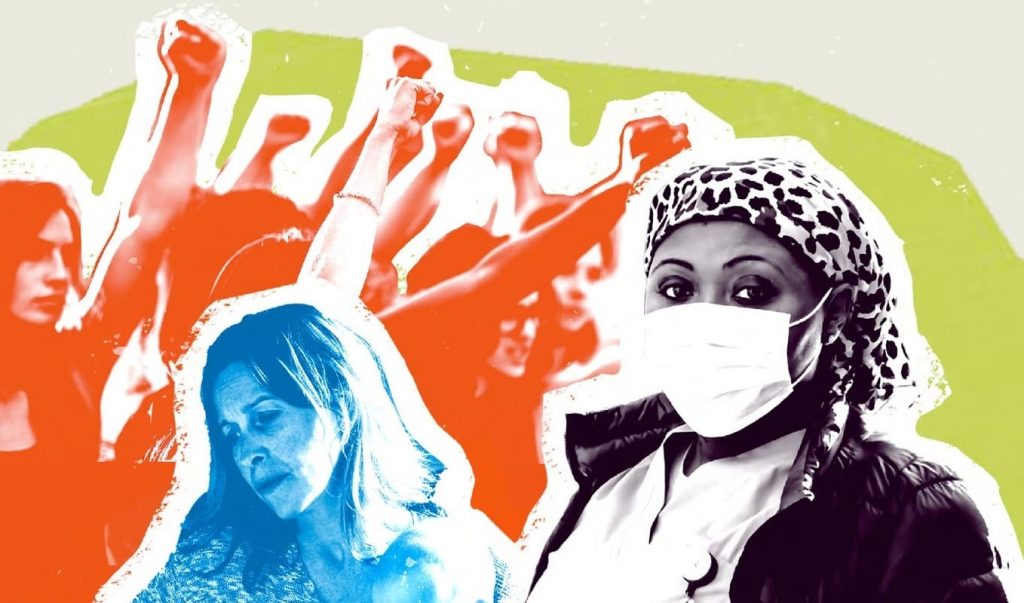
As part of our commitment to transparency and accountability, Oxfam reports every six months on the progress we are making to improve safeguarding and culture.
by Oxfam International | January 18, 2022

The wealth of the world's 10 richest men has doubled since the pandemic began, but the incomes of 99% of humanity are worse off because of COVID-19.
by Oxfam | January 17, 2022
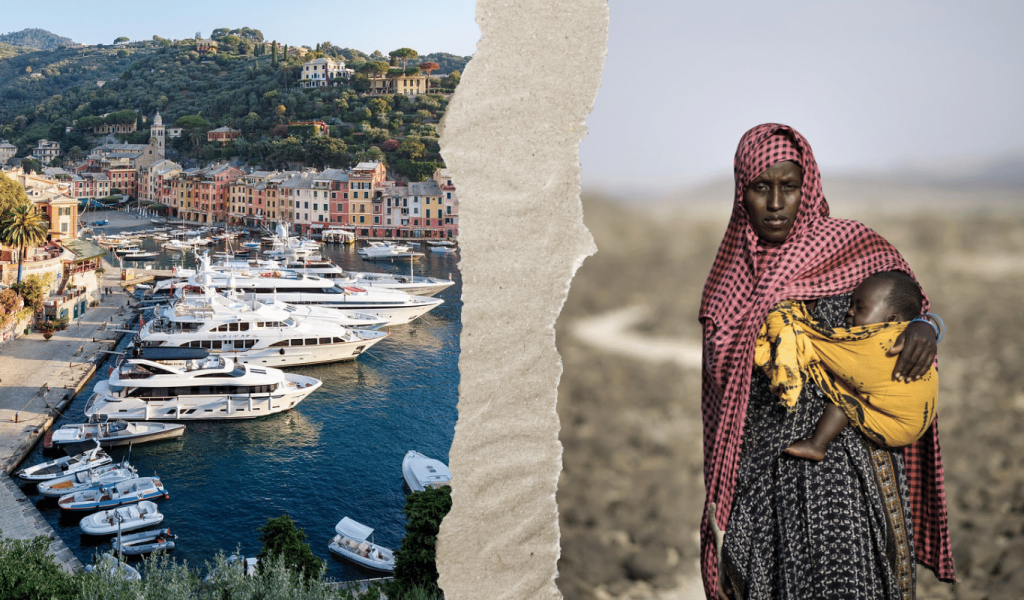
The Future Planning Initiative (FPI) is a coalition of six Canadian civil society organizations working globally and domestically to advance sexual and reproductive health and rights (SRHR).
by Future Planning Initiative | December 15, 2021
This paper explores the impact of COVID-19 on victims and survivors of gender-based violence.
by Oxfam Canada | November 24, 2021
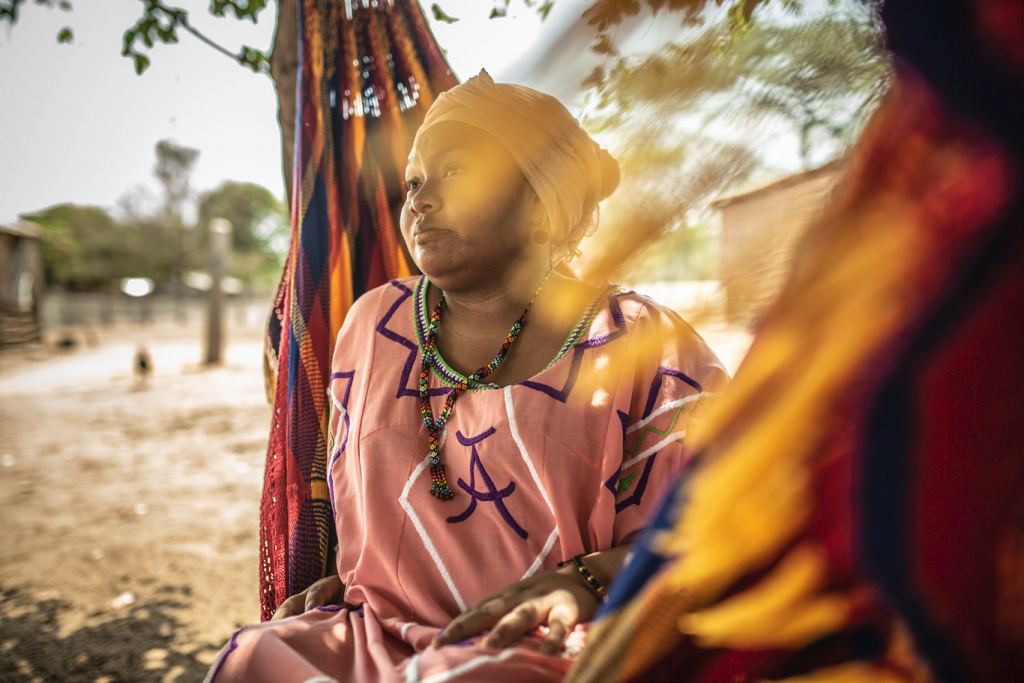
Oxfam conducted a rapid global survey with partners and allies in the women’s rights sector to understand the impact of COVID-19 on organizations, networks and the communities with whom they…
by Oxfam Canada | July 19, 2021
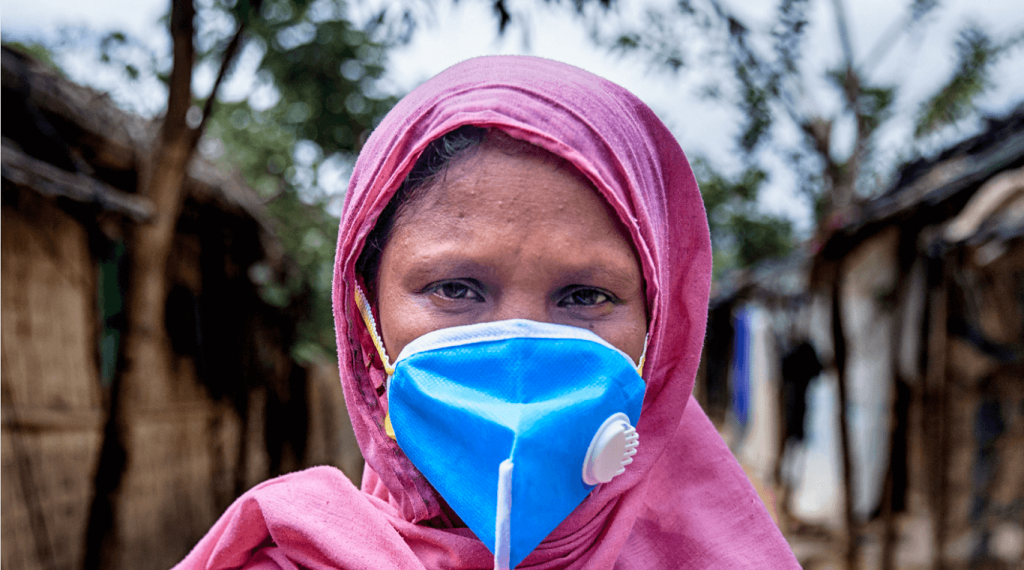
Not Well Spent Report
Report
A review of $1 billion in federal funding used to clean up Alberta's inactive oil and gas wells. Read the report to learn more.
by Megan Egler | July 7, 2021

On June 1, 2021, the Feminist Economic Transformation Project hosted activists and feminists from around the world for a visioning journey on economic alternatives. This report summarizes the outcomes.
by Feminist Economic Transformation Project | June 30, 2021
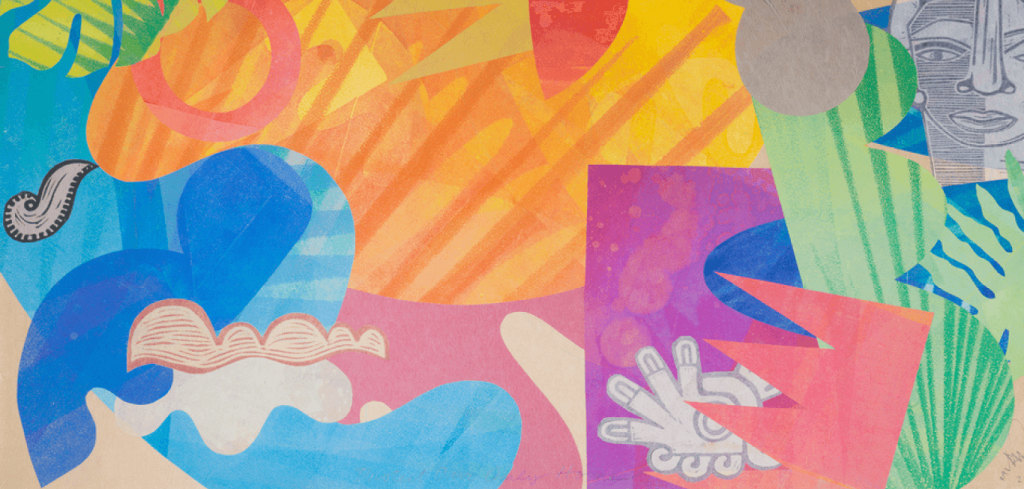
This report is the result of a recent Oxfam Canada virtual workshop on challenges, gaps and opportunities in integrating intersectional gender-based analysis in impact assessments.
by Oxfam Canada | June 28, 2021
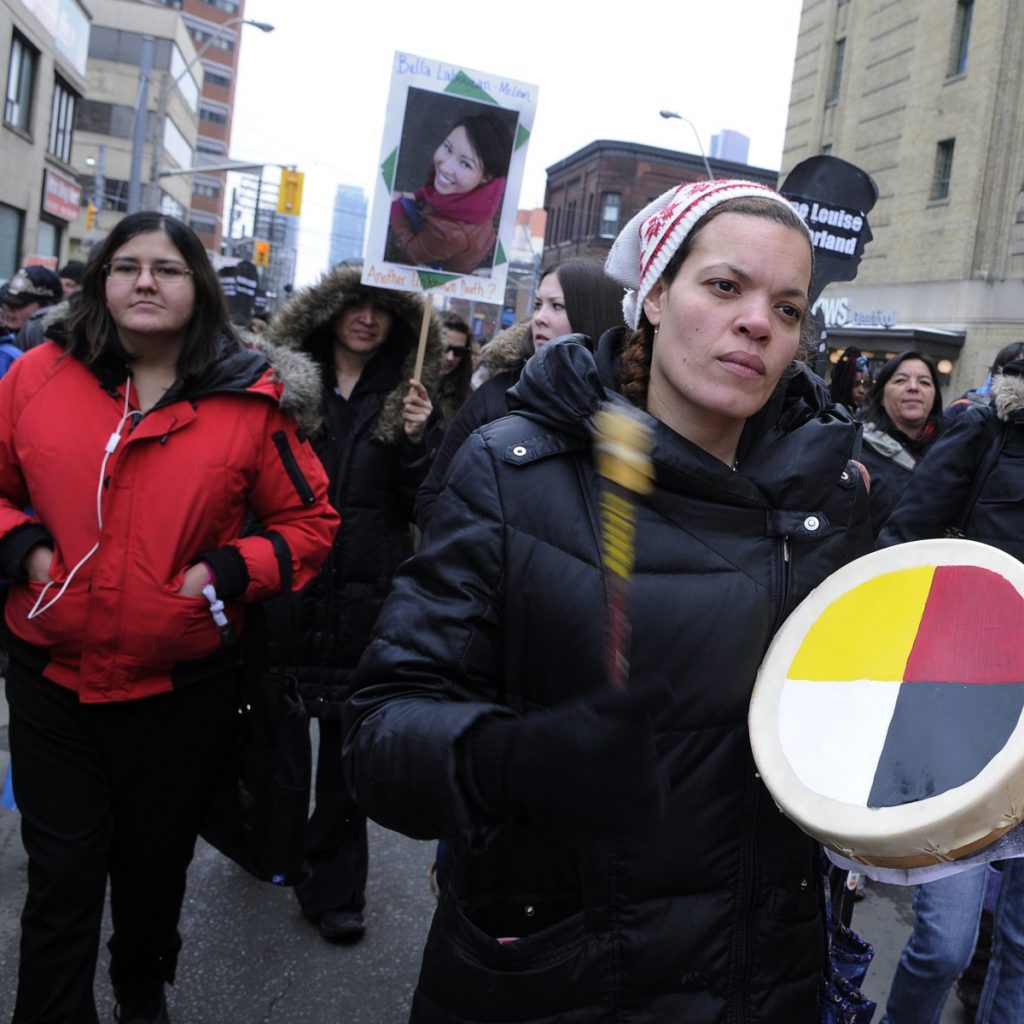
Oxfam Canada's strategic framework for 2021-2025 outlines our vision for a just and sustainable world and how we're going to take collective action for women's rights.
by Oxfam Canada | April 27, 2021
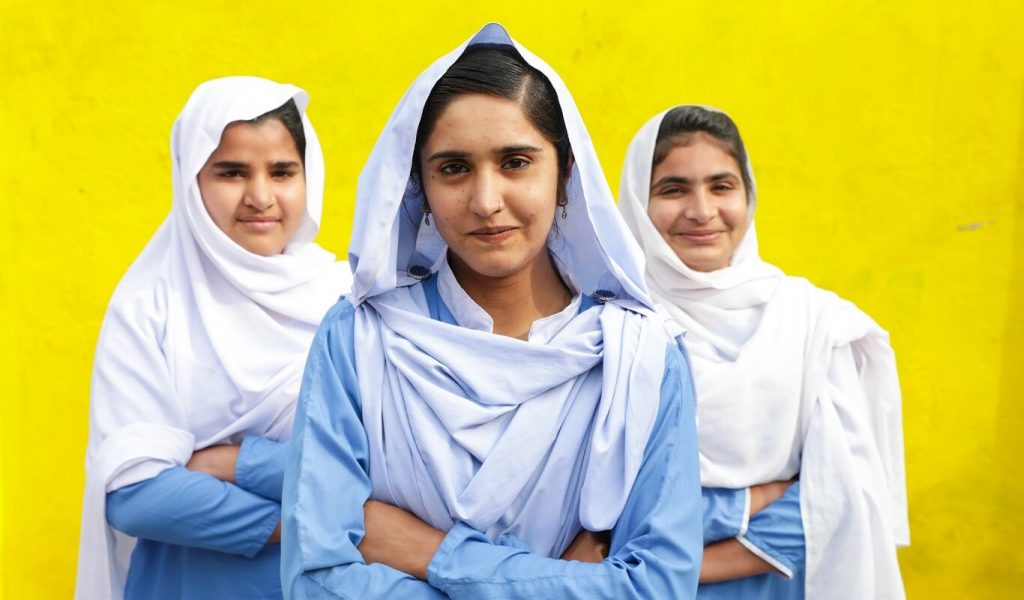
Oxfam Canada's annual Feminist Scorecard assesses the steps that the federal government has taken over the past year to make progress on women’s rights and gender equality. Given the far-reaching…
by Oxfam Canada | March 16, 2021
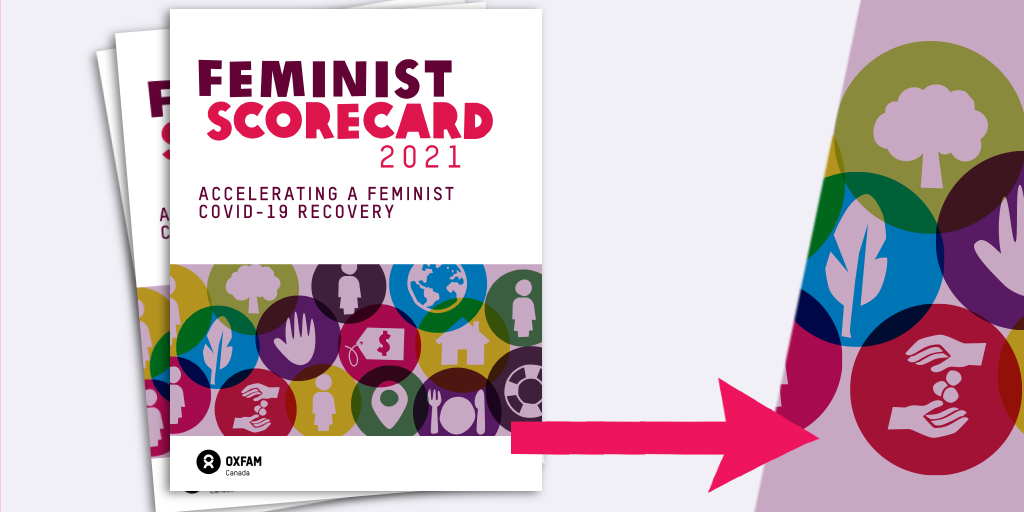
Coronavirus exacerbates existing inequalities of wealth, gender and race and exposes the need to create a more equal and sustainable world.
by Oxfam International | January 24, 2021
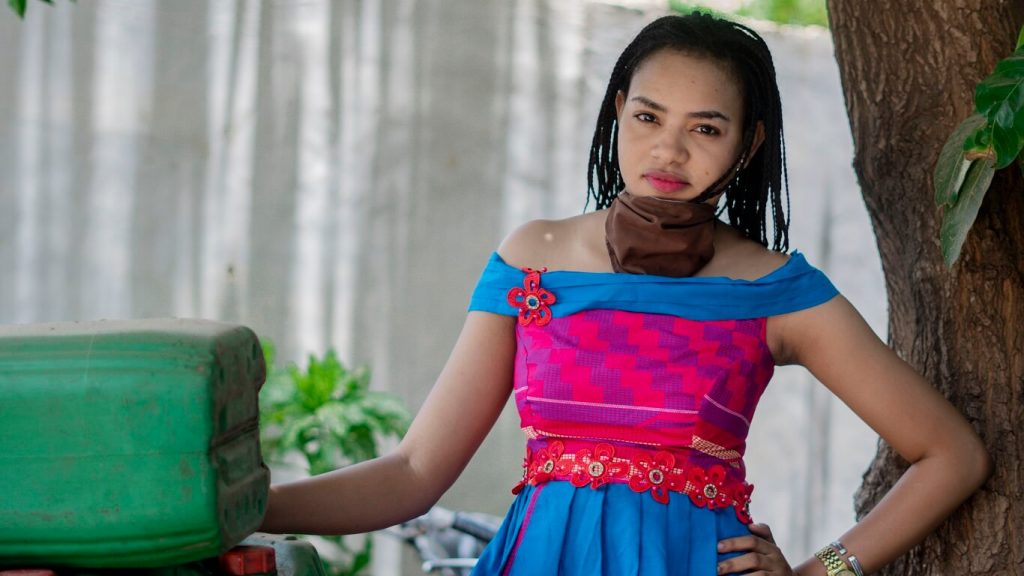
International Climate Finance is a cornerstone of global cooperation on climate change – rooted in a recognition that climate change is deadly, costly and that those least responsible for causing…
by Oxfam Canada | October 19, 2020
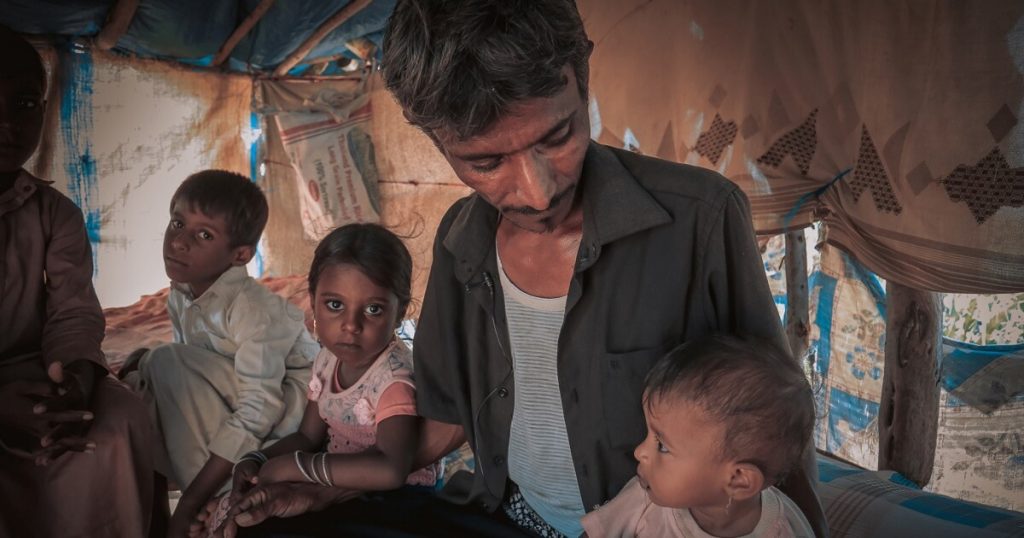
While the whole world attempts to save itself from the pandemic, the Indigenous peoples of Latin America are dying and some may even disappear. Abandoned by the state and with…
by Oxfam International | July 11, 2020
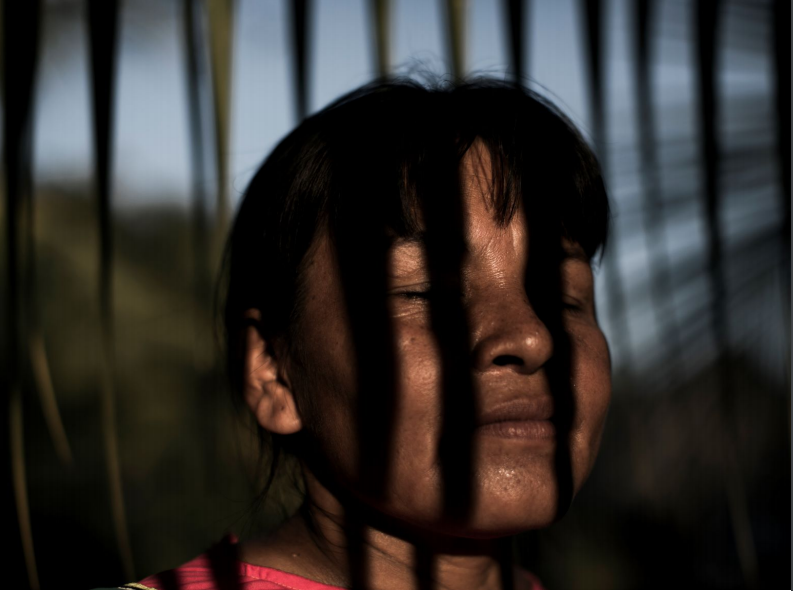
New research by Oxfam and partners reveals that while COVID-19 and the related containment efforts have caused increases in women’s – and men’s – unpaid care workloads, women are still…
by Oxfam | June 25, 2020
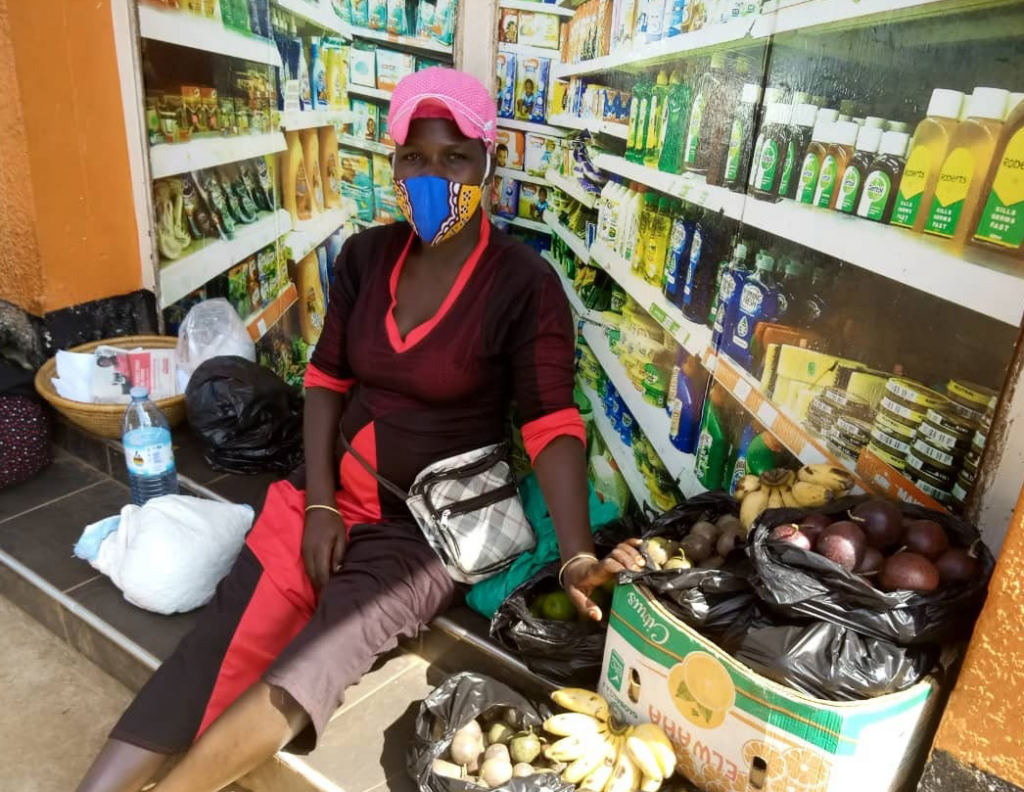
In this interim report, we outline Oxfam’s global activities from the start of the COVID-19 pandemic until the end of May 2020 to inform donors and supporters on what they…
by Oxfam Canada | June 15, 2020
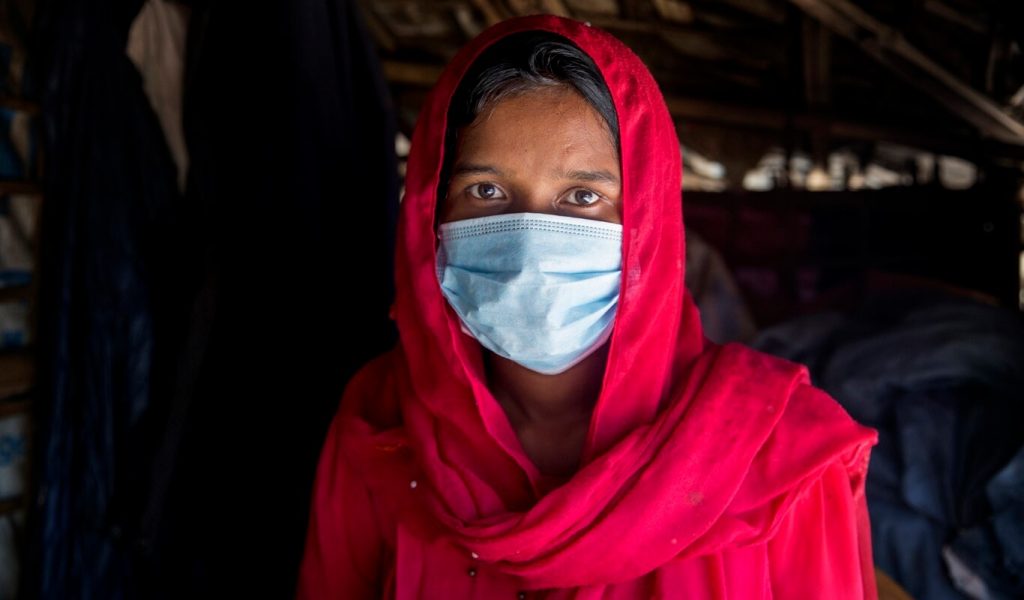
New analysis shows the economic crisis caused by COVID-19, or Coronavirus, could push over half a billion people into poverty unless urgent and dramatic action is taken.
by Oxfam Canada | April 23, 2020
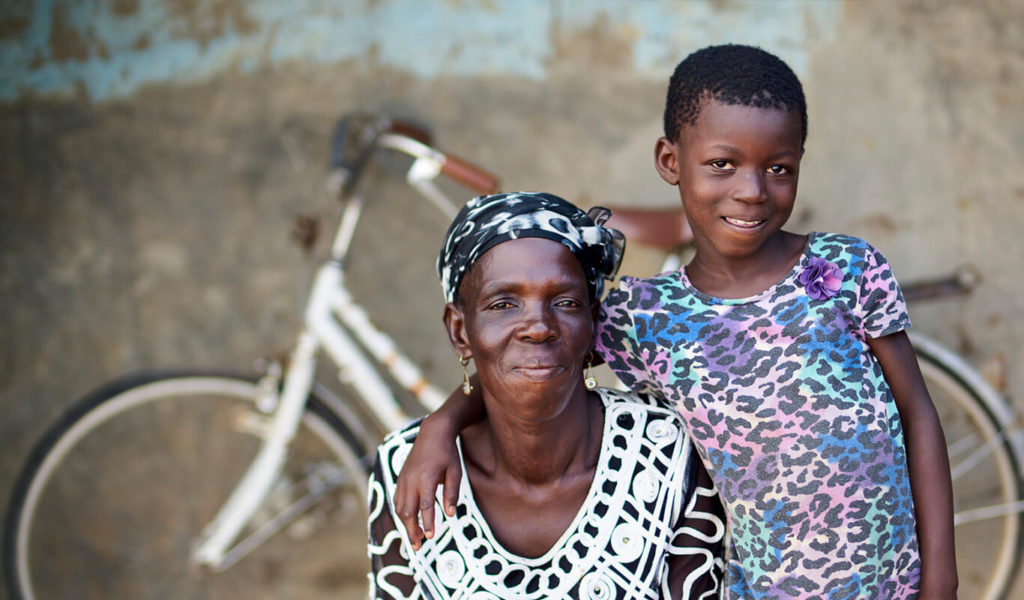
Over the past year, Canada's Liberal government has made some historic announcements and enacted policy changes that have earned applause from feminists in Canada and around the world. However, program…
by Oxfam Canada | March 10, 2020
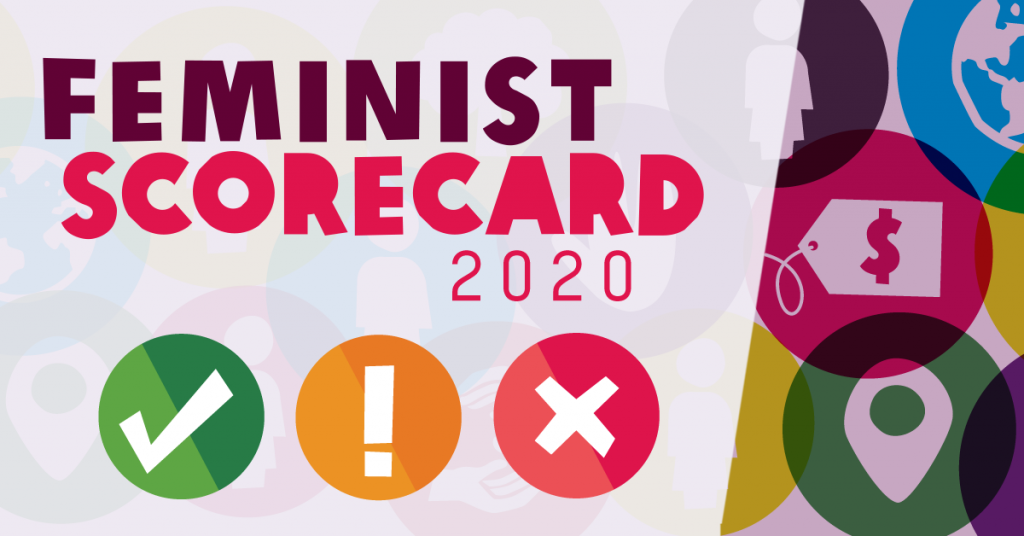
Economic inequality is out of control. In 2019, the world’s billionaires, only 2,153 people, had more wealth than 4.6 billion people.
by Oxfam Canada | January 19, 2020
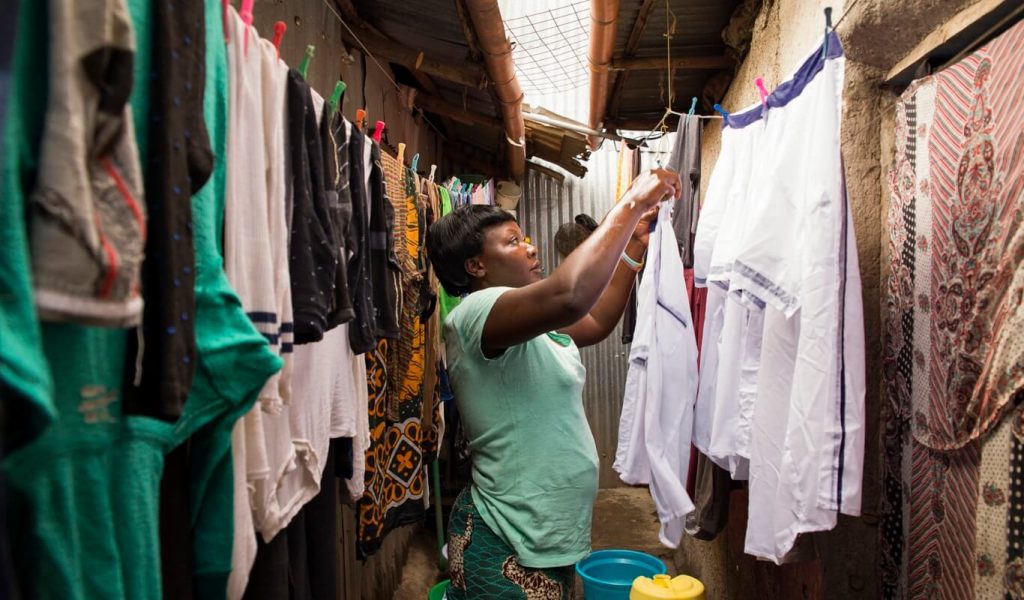
The report shows that if Canada does not ensure equal access to affordable child care, progress towards closing the economic gender gap will stall and the country’s economic growth will…
by Oxfam Canada | May 14, 2019
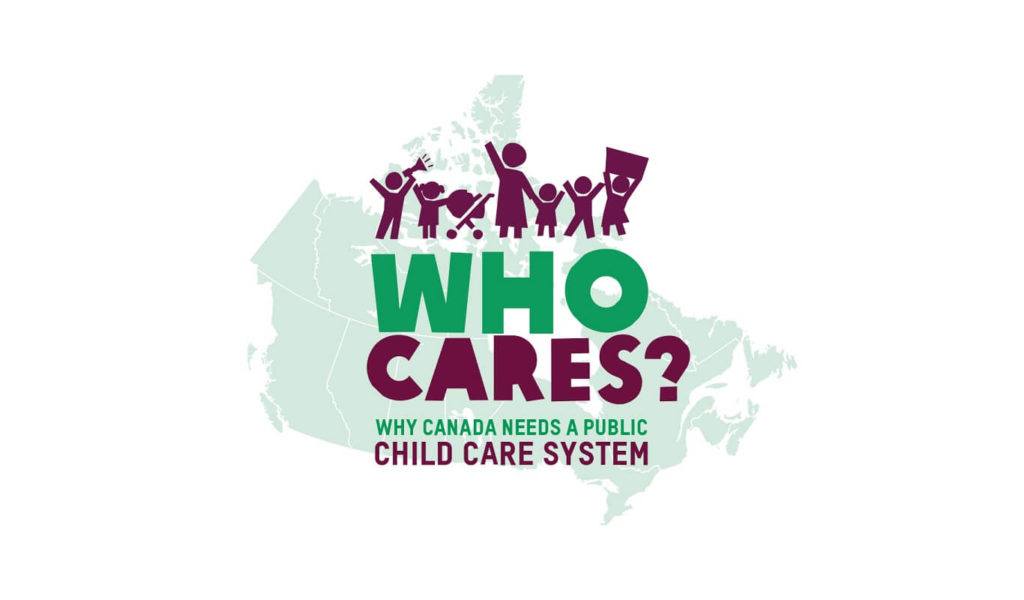
In an increasingly unequal world, advancing gender equality is fundamental to tackling inequality and poverty.
by Oxfam Canada | May 9, 2019
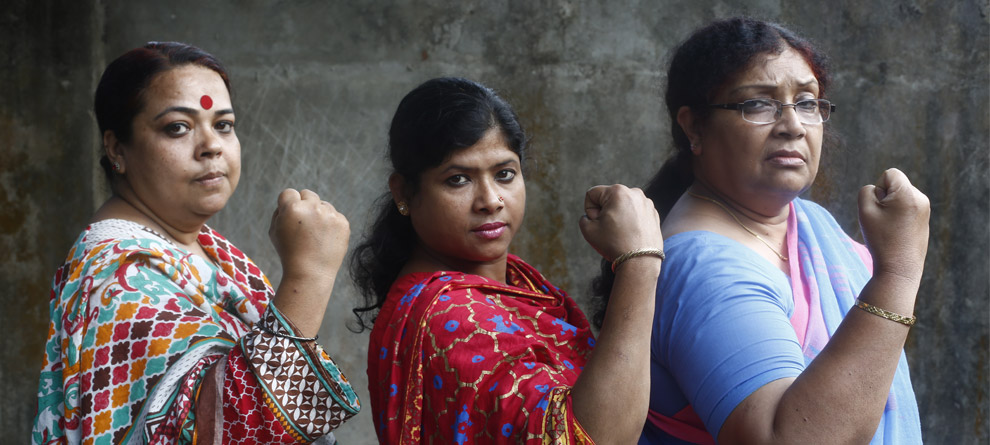
Advancing Canada's Global Leadership on Sexual and Reproductive Health and Rights
- Briefing Note
- Report
Canada sits at a critical juncture in its efforts to advance gender equality and implement its Feminist International Assistance Policy (FIAP). This policy paper explores why and how Canada can…
by Oxfam Canada | April 13, 2019
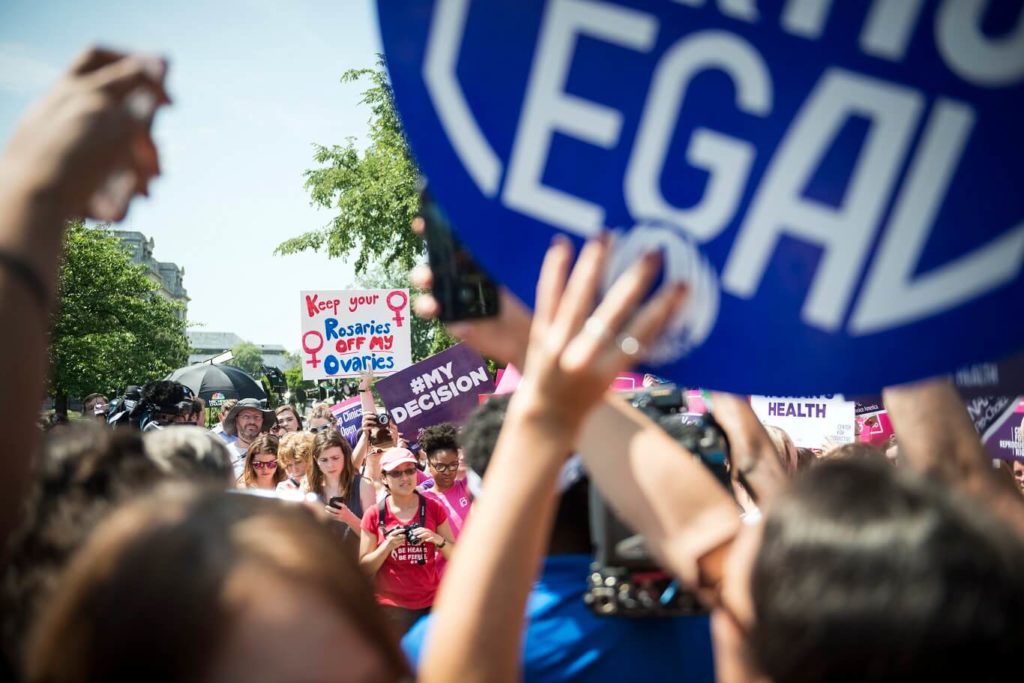
Our economy is broken, with hundreds of millions of people living in extreme poverty while huge rewards go to those at the very top.
by Oxfam | January 20, 2019
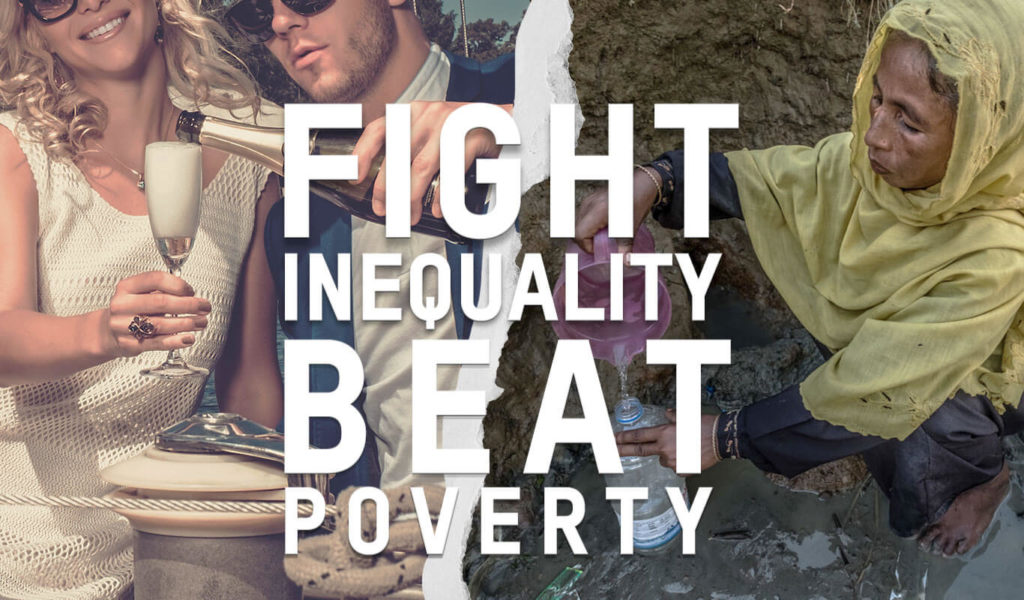
Women helping women survive and thrive. Women’s Economic Empowerment is a key priority within the Feminist International Assistance Policy, and Oxfam Canada is pleased to share our latest policy report…
by Oxfam Canada | January 14, 2019
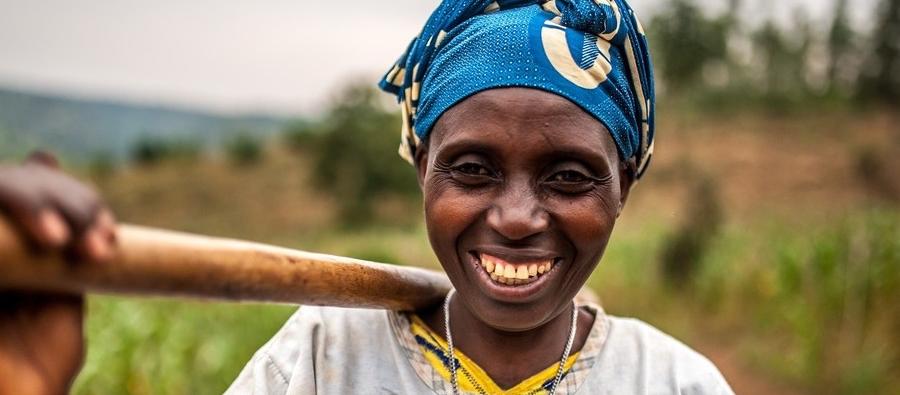
Oxfam Canada’s Feminist Principles shape and guide our approach to our work across the organization – with partnership, in our long-term development work, in our humanitarian programming, in our policy…
by Oxfam | September 23, 2023
70 civil wars. 68.5 million people displaced. 730 million in extreme poverty. One person driven from their home every two seconds.
by Oxfam | October 23, 2018
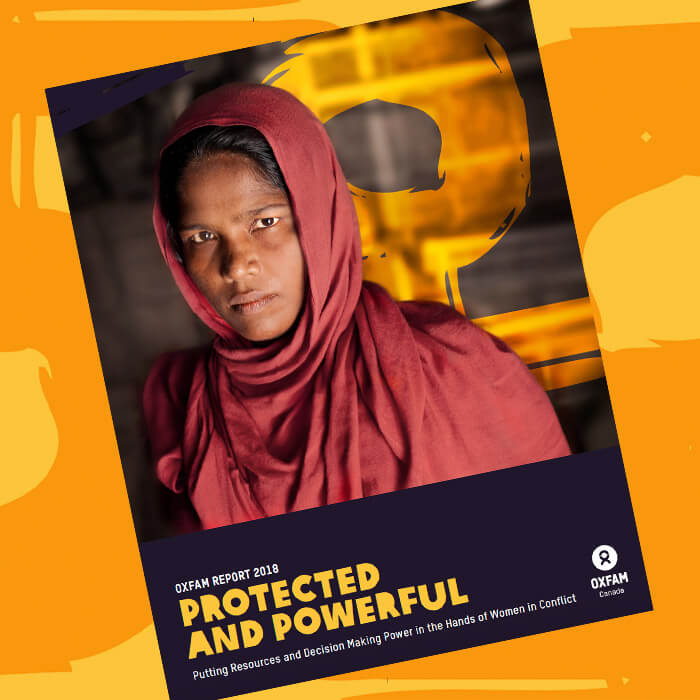
Oxfam Canada welcomes this opportunity to provide input to Export Development Canada (EDC) on the review of its Environmental and Social Risk Management (ESRM) policies. The Government of Canada has…
by Oxfam | September 13, 2018
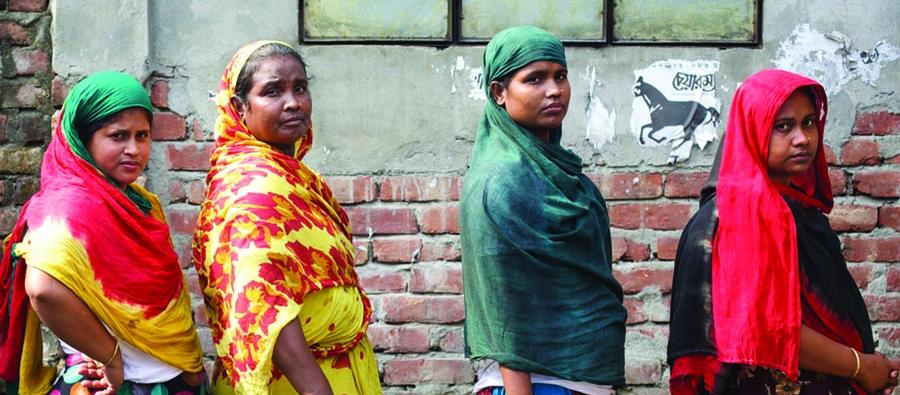
Beginning on 25 August 2017, over 700,000 Rohingya refugees fled from Myanmar to Bangladesh seeking safety and lifesaving assistance.
by Oxfam | September 1, 2018
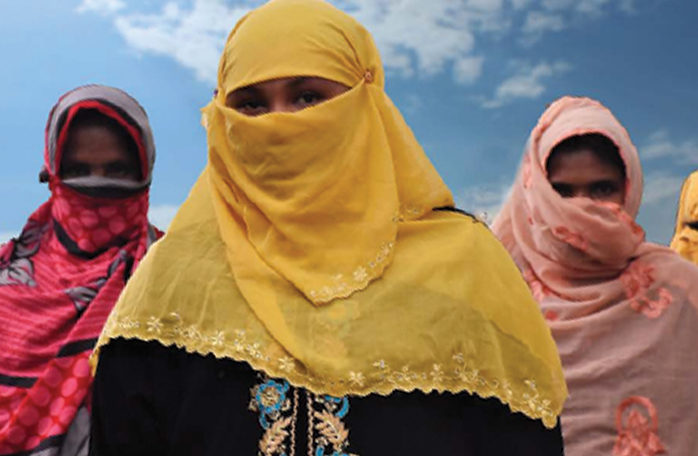
A Feminist Approach to Localization: How Canada Can Support the Leadership of Women's Rights Actors in Humanitarian Action
- Education Resource
- Report
Local and national women‘s rights actors play an important role in humanitarian action. As established members of a community, they are well placed to deliver assistance quickly in a crisis…
by Oxfam Canada | June 12, 2018
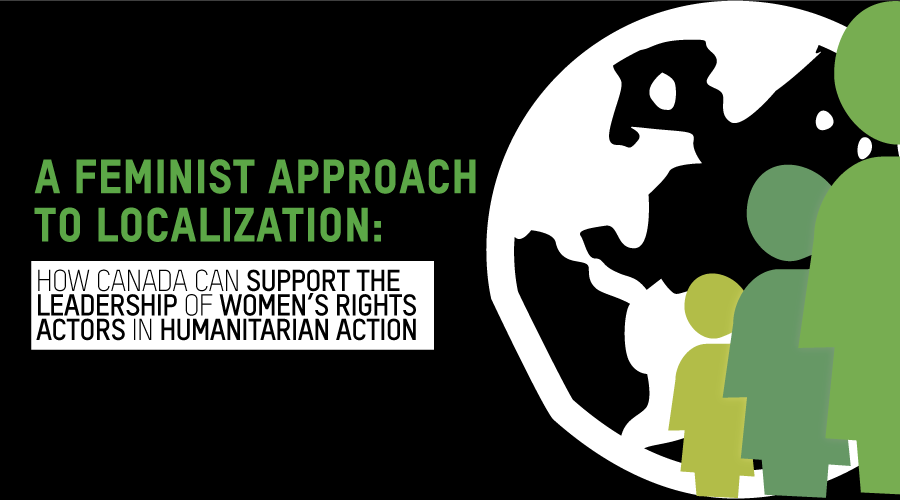
Tackling Inequalities in the Global Economy: Making Canada's Foreign Policy Work for Women
- Education Resource
- Report
Gender inequality shapes and structures the economy from the local to the global level. It affects the jobs that women and men do, what is considered and valued as work,…
by Oxfam Canada | November 27, 2017
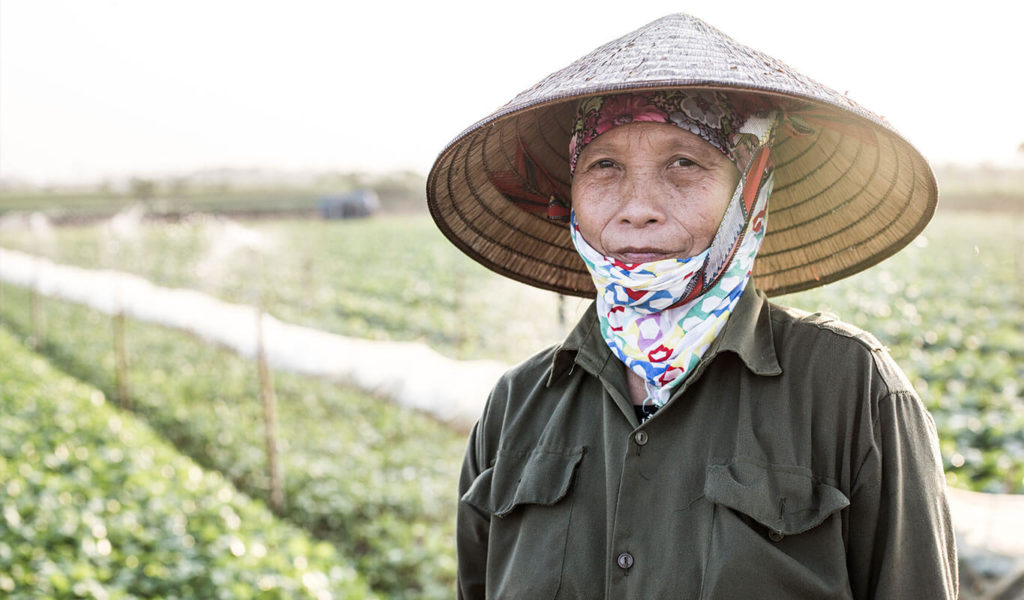
Tourism's Dirty Secret: the Exploitation of Hotel Housekeepers
- Education Resource
- Report
Worldwide, the stories are the same. In the Dominican Republic, 50-year-old hotel housekeeper Cristina cleans 16 rooms a day and tidies 90 more. It’s still not enough for a living…
by Oxfam Canada | October 13, 2017
Oxfam’s report, ‘An economy for the 99 percent’, published to mark the World Economic Forum’s annual meeting of political and business leaders in Davos, Switzerland, shows that the gap between…
by Oxfam Canada | January 15, 2017
Climate Finance Shadow Report 2016
- Education Resource
- Report
In the global push to tackle climate change, international climate finance is essential. Climate finance, both public and private, helps developing countries adapt to climate extremes and develop in a…
by Oxfam Canada | November 3, 2016
The Inter-agency Gender-based Violence Guidelines Reference Group is pleased to announce the official launch of the 2015 Guidelines for Integrating Gender-based Violence Interventions in Humanitarian Action during the Sexual Violence…
by alvaro | September 17, 2015
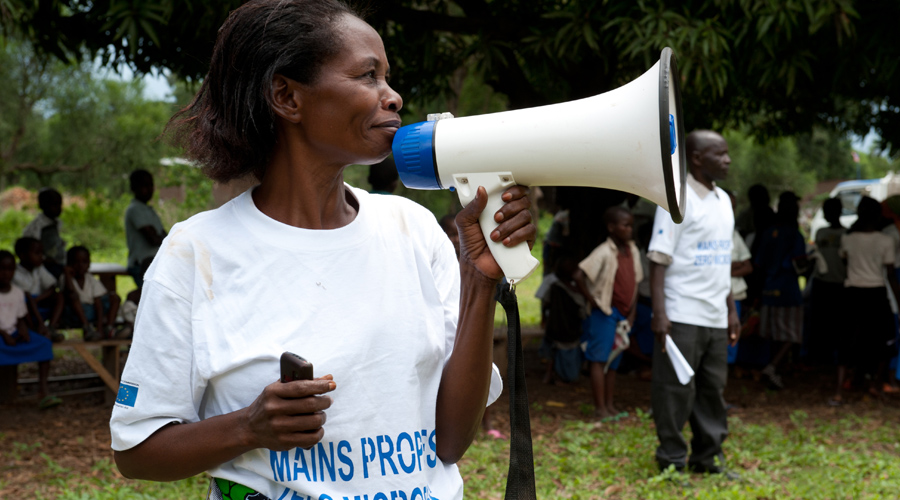
Humanitarian and human rights organizations urge governments to commit to offer sanctuary to Syrian refugees. On 9 December 2014 UNHCR will convene a ministerial level pledging conference in Geneva on…
by Oxfam Canada | December 7, 2014
Breaking the Standoff
Report
Climate finance is fundamental to a fair and effective global climate agreement. Too few countries have delivered on their obligations. As a result the world’s poorest people have not benefitted…
by alvaro | December 1, 2014
Even it Up!
Report
Economic inequality has reached extreme levels. From Ghana to Germany, Italy to Indonesia, the gap between rich and poor is widening.
by alvaro | October 29, 2014
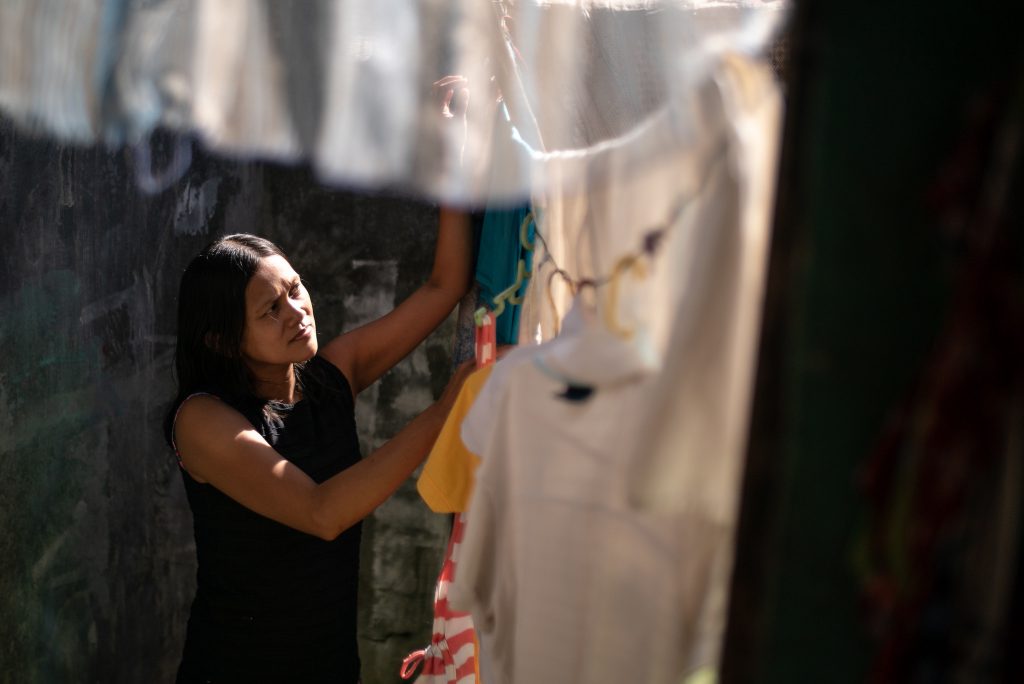
A Sign of Things to Come
Report
Four recent extreme weather events were notable for their intensity, duration, and impacts on livelihoods and food security.
by Oxfam Canada | September 23, 2014
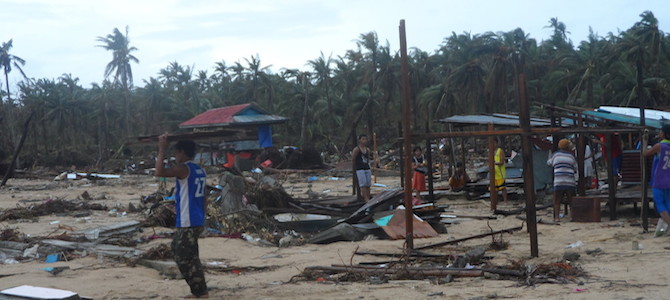
Resilience in Times of Food Insecurity: Reflecting on the experiences of women’s organizations
Report
Investments in resilience will not ‘trickle down’ to women if they do not address deep-rooted gender inequality and the disproportionate burden placed on the shoulders of women living in poverty.
by Oxfam Canada | September 15, 2014
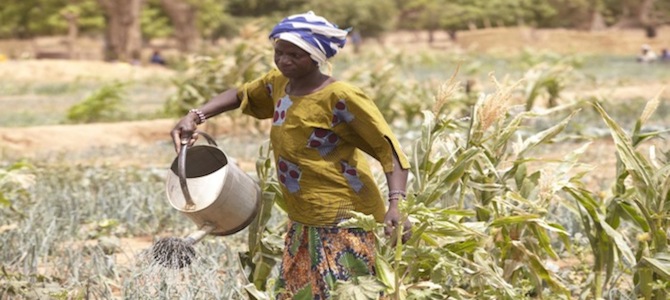
The IFC's Health in Africa Initiative is at odds with the World Bank Group's welcome commitment to universal and equitable health coverage.
by Oxfam Canada | September 9, 2014
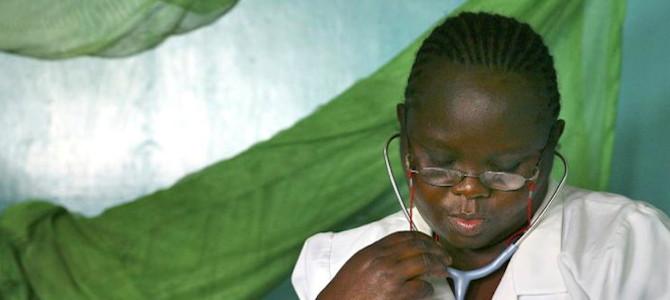
Despite economic growth and the reduction of both poverty and inequality that Latin America and the Caribbean (LAC) has experienced during the last decade, it still remains the most unequal…
by Oxfam Canada | September 9, 2014
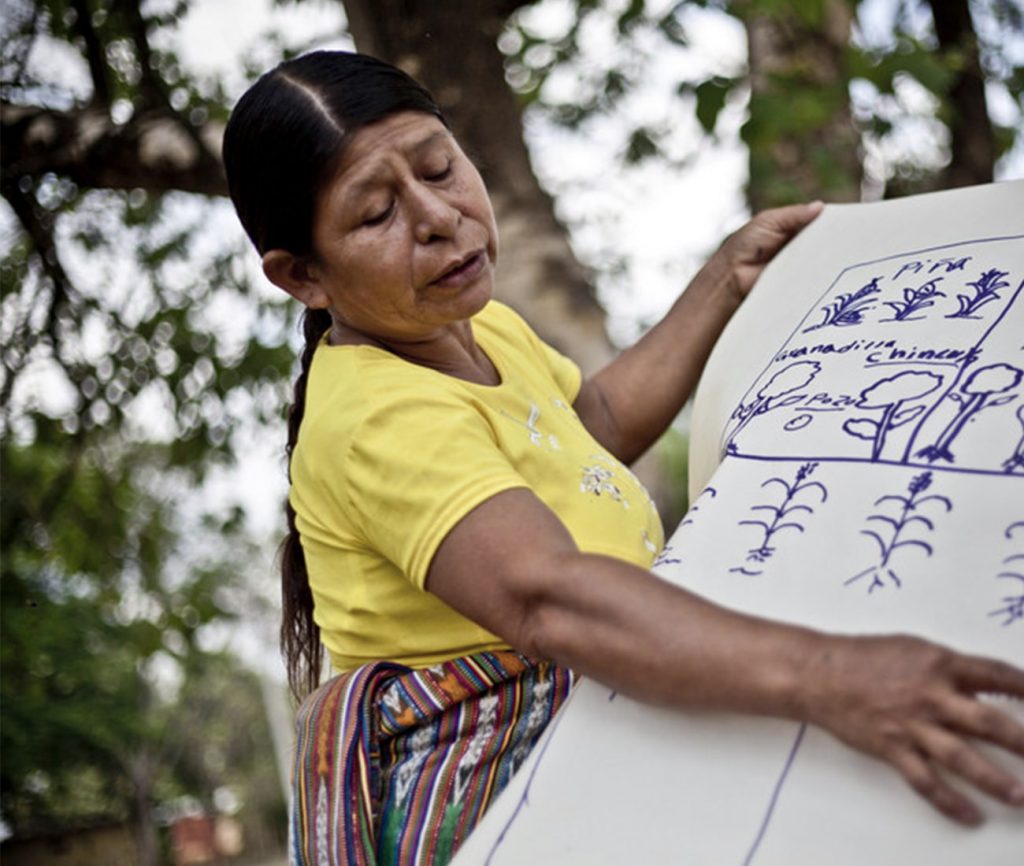
A Fairer Deal for Syrians
Report
The number of people killed, displaced or in desperate need of assistance as a result of the conflict in Syria continues to rise. With 3 million refugees, 6.5 million people…
by Oxfam Canada | September 9, 2014
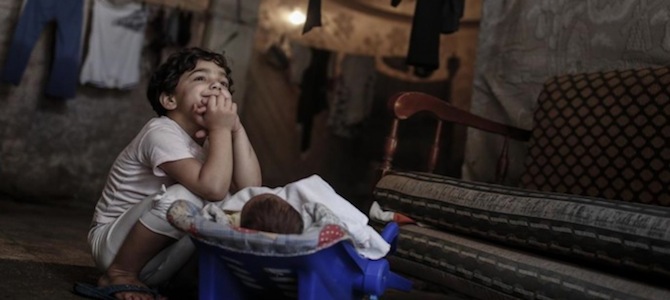
The most recent escalation of violence in Gaza and southern Israel has come at terrible human cost. More than 1,500 civilians in Gaza, and six in Israel, have been killed.…
by alvaro | August 27, 2014
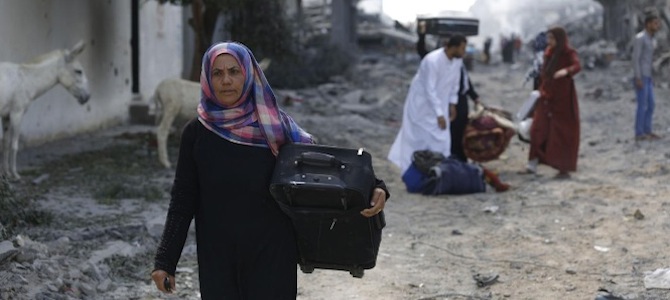
Business Among Friends: Why corporate tax dodgers are not yet losing sleep over global tax reform
Report
Fair tax regimes are vital to finance well-functioning states and to enable governments to uphold citizens’ rights to basic services, such as healthcare and education. Tax dodging by big corporations…
by Oxfam Canada | May 2, 2014
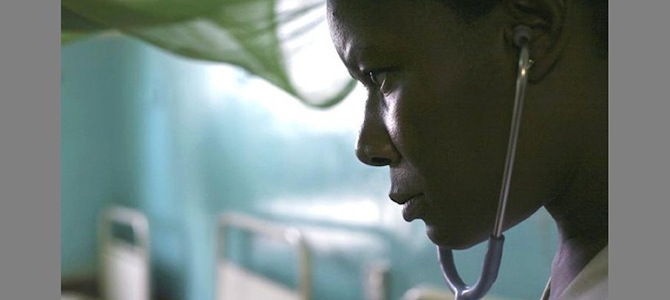
Case studies of large-scale agricultural investment in Paraguay, Guatemala and Colombia show how monoculture expansion is displacing communities, undermining smallholder livelihoods and worsening local food security. Even when companies say…
by Oxfam Canada | April 23, 2014
Close the Gap: How to eliminate violence against women beyond 2015
- Briefing Note
- Report
Violence against women (VAW) is the most widespread and persistent violation of human rights. According to a 2013 study from the World Health Organization (WHO), at least one in three…
by Oxfam Canada | March 11, 2014
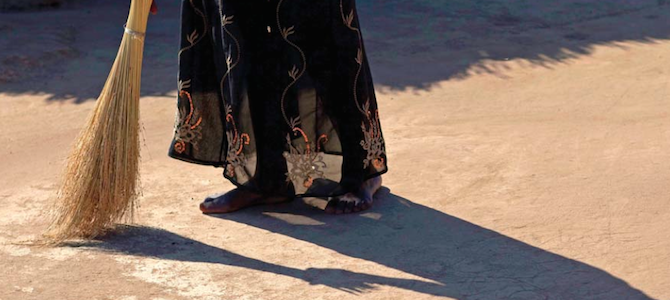
The ten biggest food and beverage companies in the world are slowly waking up to their responsibilities to help tackle some immense challenges facing the global food system. The problems…
by Oxfam Canada | February 26, 2014
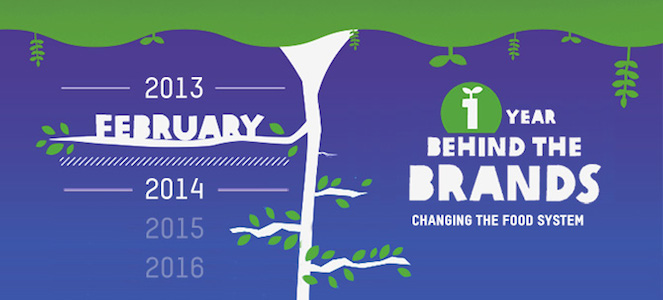
Since it was launched in 2003, Brazil’s Fome Zero (Zero Hunger) strategy has allowed 28 million people to break free from the cycle of hunger. These impressive figures suggest that…
by Oxfam Canada | February 19, 2014
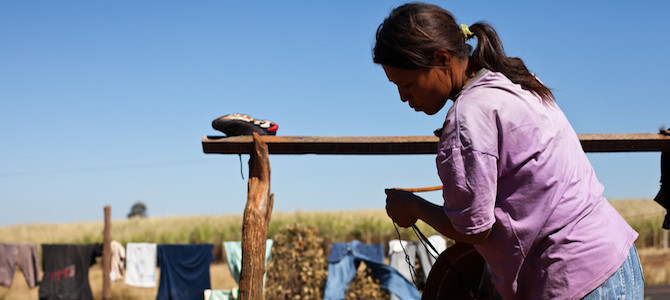
At least 4m hectares of land have been acquired for sugar production in 100 large-scale land deals since 2000, although given the lack of transparency around such deals, the area…
by alvaro | October 4, 2013
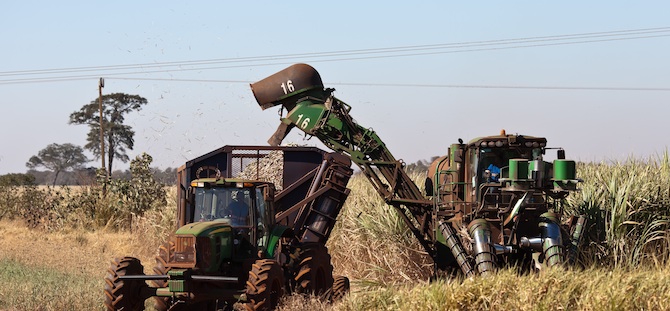
Oxfam’s Behind the Brands campaign focuses on 10 of the world’s most powerful food and beverage companies : Associated British Foods (ABF), Coca – Cola, Danone, General Mills, Kellogg, Mars,…
by alvaro | October 1, 2013
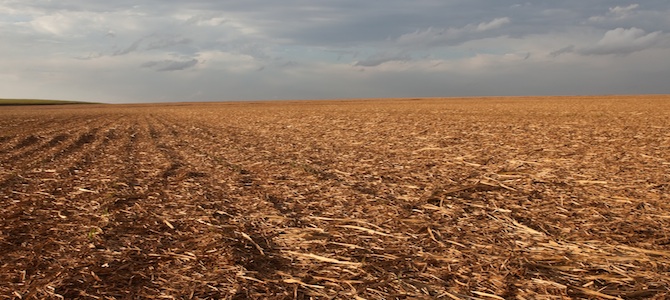
The failure to tackle climate change threatens all aspects of food security: availability, access, utilization, and stability. The changing climate is already putting at risk the gains in the fight…
by alvaro | September 30, 2013
Oxfam Strategic Plan, 2013-2019In Oxfam's fourth strategic plan, we set out an integrated approach to tackle poverty by addressing its complex and interrelated causes. By combining our hands-on experience in…
by Oxfam Canada | June 18, 2013
During the two days that the G8 meet in Northern Ireland, $2.2 billion dollars in illicit flows will have haemorrhaged from developing countries into tax havens and developing-country land one…
by Oxfam Canada | June 16, 2013
High and rising food prices are no longer a surprise, but rapid price changes and the cumulative effects of five years of price rises are still squeezing people on low…
by Hammad | May 23, 2013
We need a new approach to risk and poverty reduction. Major external risks, such as climate change and food price volatility, are increasing faster than attempts to reduce them. Many…
by Hammad | May 21, 2013
Wage levels are an issue of concern across the globe as individuals, companies and governments wrestle with how wages paid to workers relate to costs of living, corporate and national…
by Oxfam Canada | May 3, 2013
As the numbers grow, however, the money to help some of those refugees and displaced people is running out. UN appeals have received only half of what they sought –…
by Hammad | April 30, 2013
The aid community needs to fundamentally change the way it deals with food crises in the Sahel region and help communities to better prepare for recurring emergencies.
by Oxfam Canada | April 16, 2013
Zimbabwe: Country Profile
Report
In Zimbabwe, economic and political crises of recent years have had a heightened impact on women, who are overrepresented among the poor, have culturally restricted access to resources and opportunities,…
by Oxfam Canada | April 11, 2013
South Sudan: Country Profile
Report
The South Sudan national government has expressed its commitment to achieving gender equality through the creation of the Ministry of Gender, Social Welfare and Religious Affairs, aimed at promoting gender…
by Hammad | April 11, 2013
by Hammad | April 9, 2013
In March 2013, governments will meet to discuss global progress made with regards to the elimination of violence against women in all its forms, under the helm of the Commission…
by Hammad | March 20, 2013
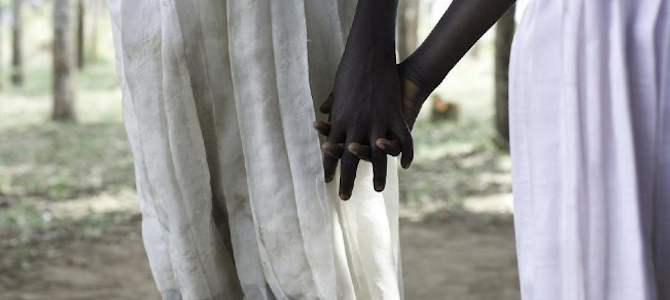
Arms and bullets continue to destroy lives. Every continent in the world is marred by devastation caused by armed violence. Yet there is still no effective international regulation of the…
by Hammad | March 12, 2013
Read: Oxfam Media Briefing - Mars, Mondelez and Nestle and the fight for women’s rights
by Hammad | February 27, 2013
Read: Behind the Brands - Cocoa Case Studies
by Hammad | February 27, 2013
In this report, Oxfam assesses the social and environmental impacts of the world’s ten largest food and beverage companies and calls on them to take the critical next steps to…
by Hammad | February 27, 2013
The richest one per cent has increased its income by 60 per cent in the last 20 years with the financial crisis accelerating rather than slowing the process.Oxfam's warns that…
by Hammad | January 22, 2013